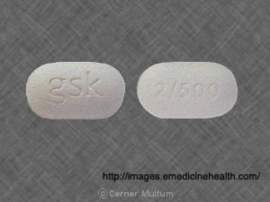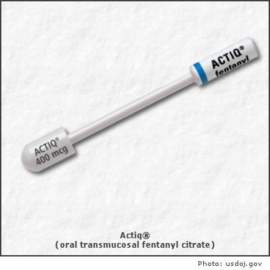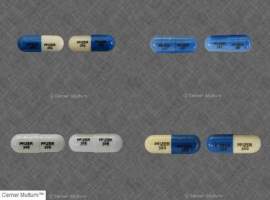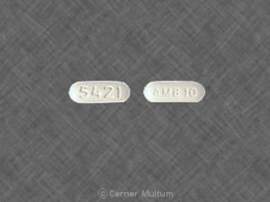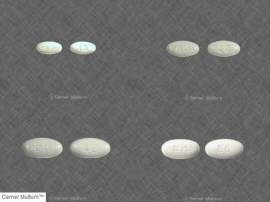
Lexapro Lawsuit
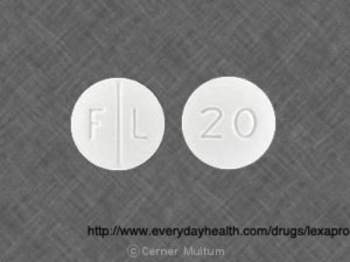
A Brief Guide to Filing a Lexapro Lawsuit:
What is Lexapro?
Lexapro utilizes the drug Escitalopram to treat generalized anxiety disorder and depression. Lexapro belongs to a class of antidepressants called selective serotonin reuptake inhibitors. The drug is effect by increasing the amount of serotonin in the brain.
Lexapro, regardless of dosage strength or adherence to intake instructions, may cause side effects. Please tell your doctor if any of the following Lexapro side effects are severe or persistent.
Common Lexapro Side Effects Include: constipation; drowsiness; increased sweating; stomach pain; excessive tiredness; dry mouth; flu-like symptoms; sneezing and runny nose.
Some Lexapro side effects may be more severe. If you experience the following Lexapro side effects or those listed in the IMPORTANT WARNING section, please contact your doctor immediately:
Serious Lexapro Side Effects Include: unusual excitement; hearing voices or seeing things that do not exist (hallucinating); sweating; fast or irregular heartbeat; muscle stiffness and fever.
Lexapro side effects may take other forms. Please contact your doctor if you notice any unusual Lexapro side effects during your course of treatment.
Similar to all antidepressant medications, Lexapro side effects include suicidal thoughts, fatigue and stomach pains. However, the risk of these side effects was not strongly cautioned against when the manufacturer (Forest Labs) first received FDA approval to sell the drug for major depression in 2002—Lexapro was later approved for generalized anxiety disorder the following year. Though the FDA required all antidepressant warnings be updated in 2004 to reflect the risk of these side effects, many users were successful in obtaining a Lexapro settlement from 2005 onwards.
Multidistrict litigation was used to resolve Lexapro lawsuits relating to the drug’s side effects. In 2005, due to the number of pending civil court cases, Forest Labs requested that every Lexapro lawsuit be consolidated and handled under this procedure. Multidistrict litigation involves appointing one federal court to hear multiple similar cases, establishing guidelines for how to handle related lawsuits in the process. Due to the number of plaintiffs seeking a Lexapro settlement, manufacturer Forest Labs was granted its request for this kind of handling of the cases.
While this process was undertaken, the Justice Department was also preparing to file a Lexapro lawsuit. However, the legal action undertaken did not concern Lexapro side effects; instead, the Justice Department pursued a Lexapro settlement on grounds that Forest Labs had deliberately marketed this medication for non-FDA-approved uses. Among its charges, the Justice Department noted that Forest had deliberately encouraged prescribing the drug to pediatric patients regardless of potential Lexapro side effects. In response to this Lexapro lawsuit, Forest Labs agreed to pay roughly $315 million in fines related to this drug, as well as its medication Levothroid and Celexa.
Following the FDA's announcement of this Lexapro settlement in September 2010, Forest Labs began resolving the litigation filed against it. In October 2010, the St. Louis Post-Dispatch reported that the company had begun paying people who had filed a Lexapro lawsuit. However, the terms of any such Lexapro settlement were not made public.
If you wish to pursue a Lexapro lawsuit, consult with an experienced pharmaceutical attorney. Recent reports of birth defects indicate pregnant patients may be able to obtain a Lexapro settlement for damage inflicted on their children. A lawyer can evaluate whether you have a strong case for compensation concerning your reported Lexapro side effects. If such is the case, they may agree to work for free, receiving payment only in the form of a percentage of whatever Lexapro settlement is obtained.
Sources:
1. UNited States National library of Medicine "Leuprolide Injection" retrieved from:
http://www.ncbi.nlm.nih.gov/pubmedhealth/PMH0000852/
2. FDA Center for Drug Evaluation and Research (2001).
"Review and evaluation of clinical data for application 21-323"
3. http://www.fda.gov/Safety/MedWatch/SafetyInformation/ucm169690.htm
4. http://www.fda.gov/downloads/Drugs/GuidanceComplianceRegulatoryInformation/EnforcementActivitiesbyFDA/
WarningLettersandNoticeofViolationLetterstoPharmaceuticalCompanies/UCM170388.pdf




